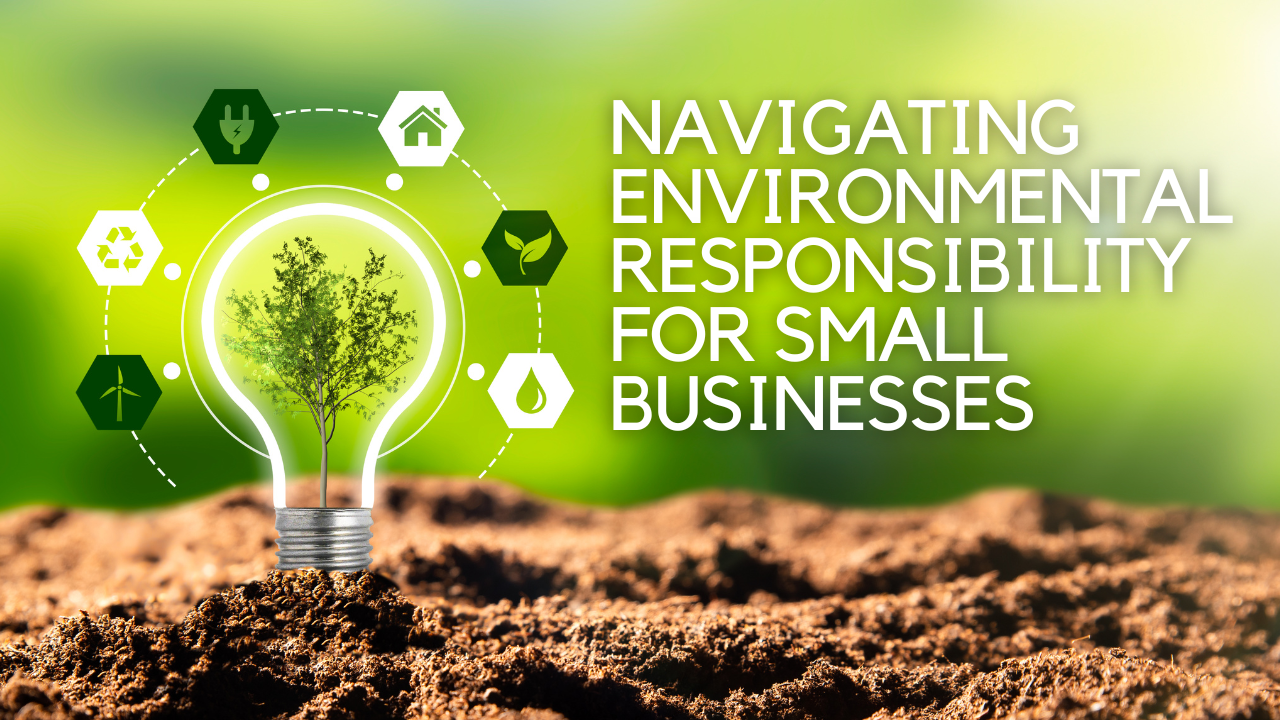The Case for Going Green: Sustainability Tips for Small Businesses

In honor of Earth Day (April 22), let’s clear something up: “sustainability” isn’t just a crunchy granola buzzword reserved for yoga studios and kombucha-sipping startups. It’s real, it’s practical, and yes… it can actually make your business more green - ahem, profitable.
So if you’ve been side-eyeing the whole “green” thing like it’s just another budget-eating trend… hold that thought. We're about to break it down without making you feel like you need to hug a tree (unless you’re into that).
Why Small Businesses Should Give a Damn
Look, we get it. You’ve got payroll to meet, inventory to manage, and Karen from accounting still hasn’t figured out Slack. You don’t exactly have time to worry about melting ice caps.
But here’s the thing: sustainability is no longer optional. Consumers, employees, and even investors are watching. And they’re not just watching; they’re choosing who to buy from, work for, and support based on who’s thinking beyond this quarter’s profits.
Translatio...
Navigating Environmental Responsibility for Small Businesses

In today's world, the push for sustainability and environmental consciousness is more than just a trend; it's a responsibility. Not to mention that more and more customers are placing a higher value on eco-friendly practices.
As a small business owner, you can positively impact the environment and attract customers who value eco-friendly practices…all while enhancing your brand’s reputation and bottom line. (We are business people, after all, and “going green” doesn’t mean going broke.)
This post will explore a few practical steps to reduce your business's environmental footprint. Find one or two that seem doable and start there. Even the smallest of changes can have a significant impact down the road.
Evaluate Your Energy Efficiency
Energy consumption is a significant contributor to carbon emissions. Consider these steps to improve energy efficiency:
- Switch to LED Lighting: Replace traditional bulbs with energy-efficient LED lights. They last longer and use less elect...



